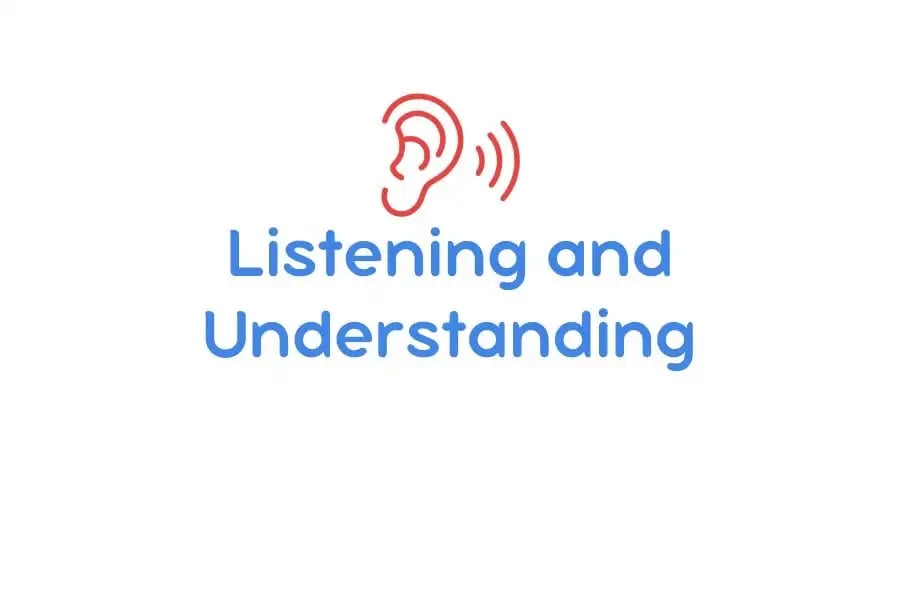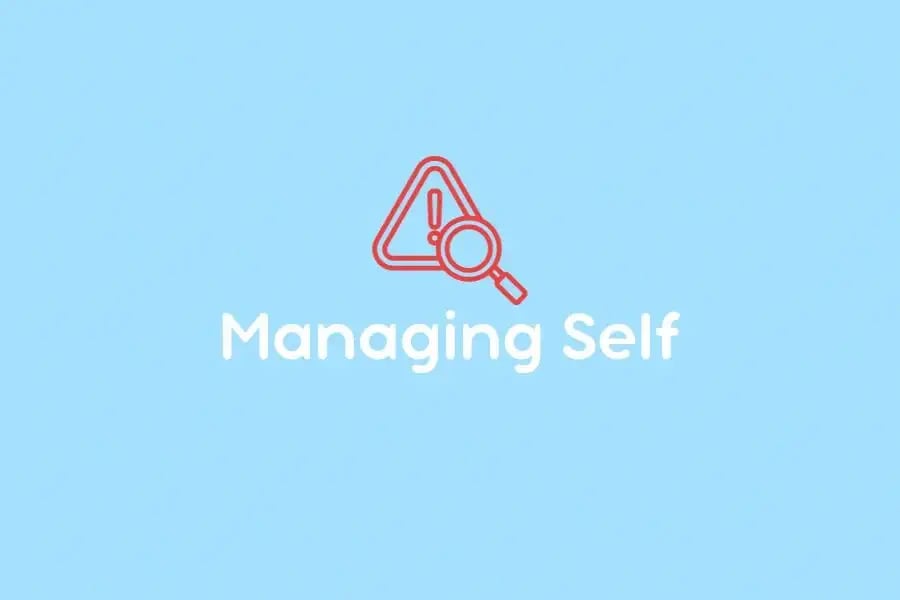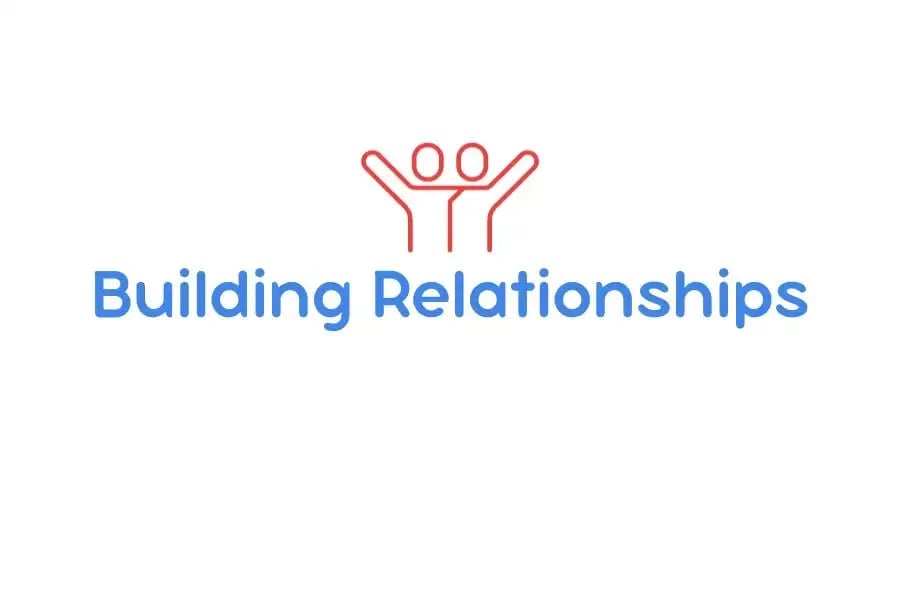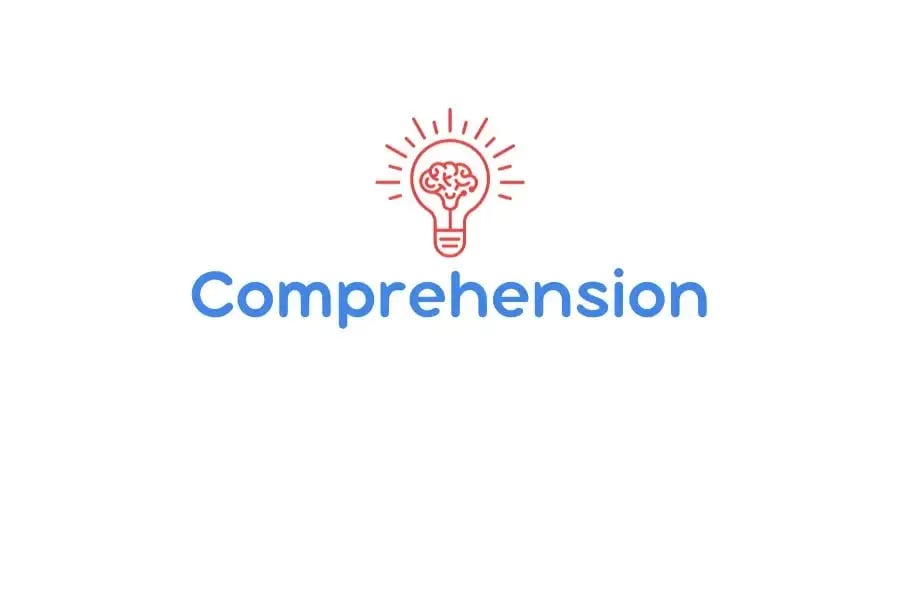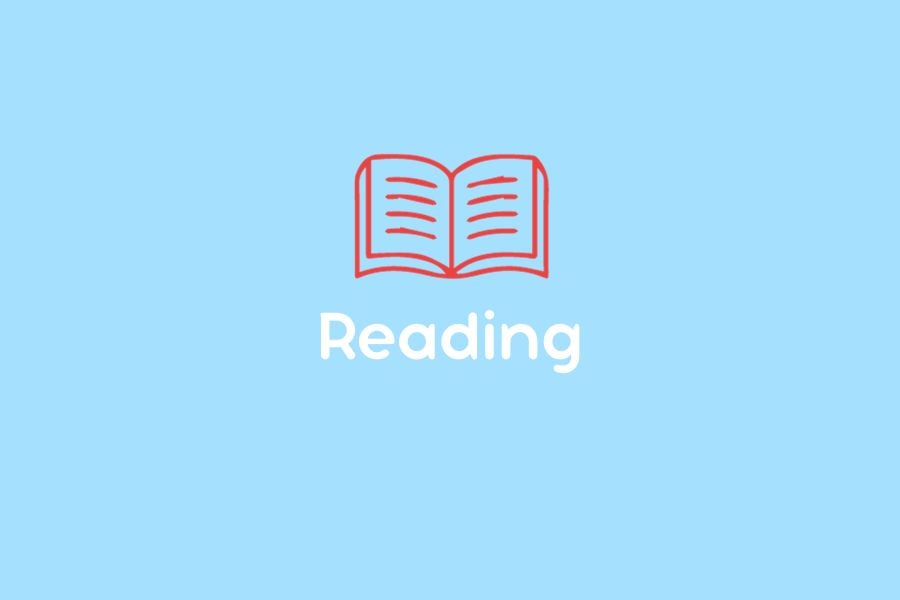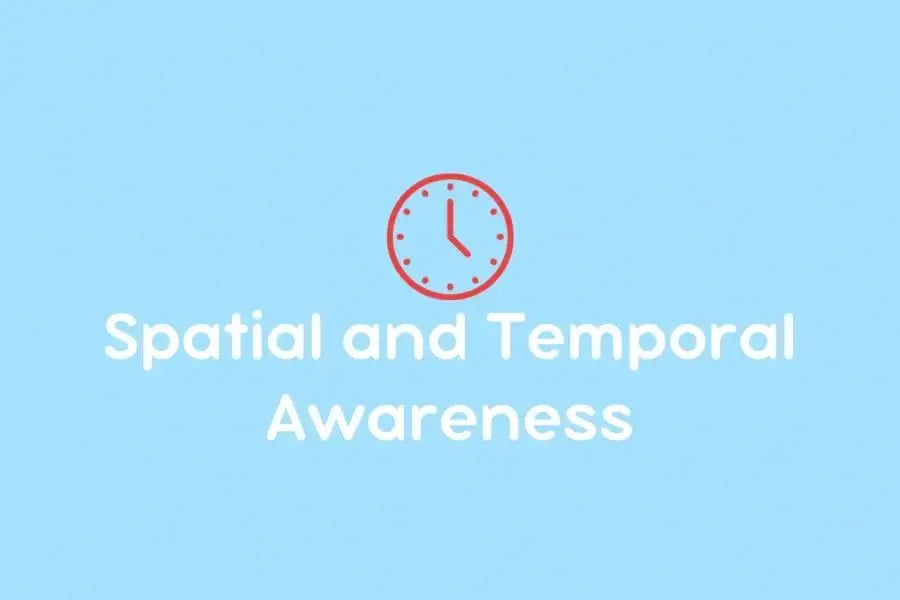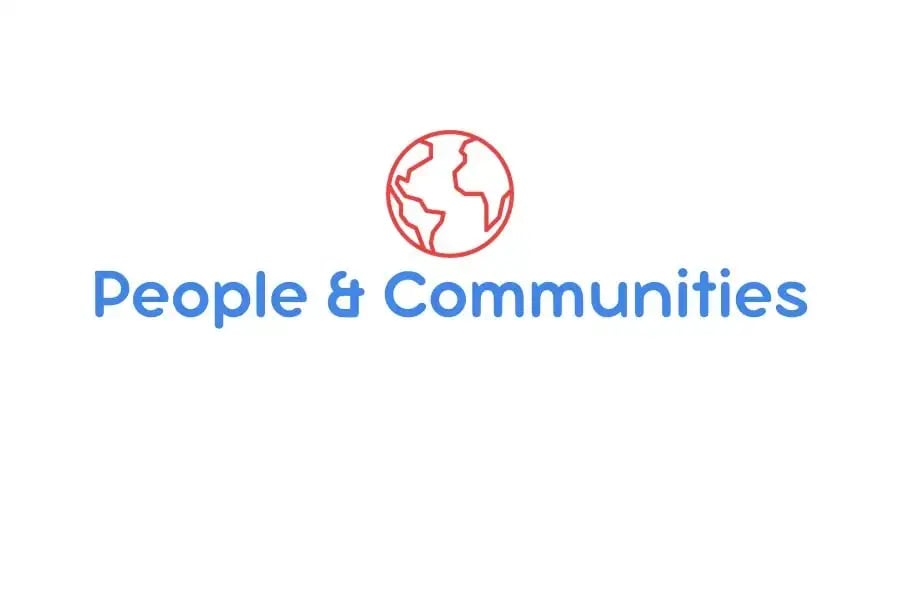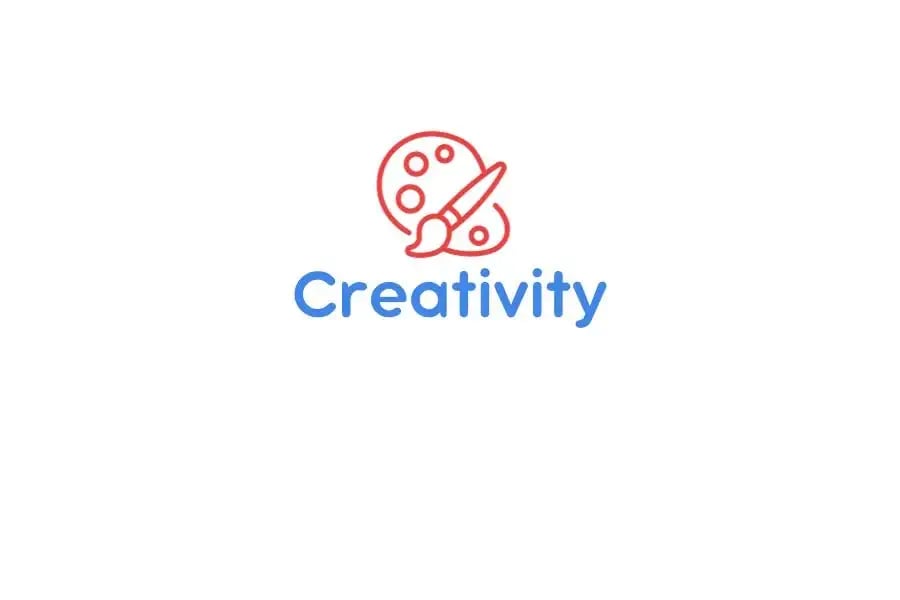Preschool Programme
Our toddler programme should have laid the cognitive and linguistic foundations from which our preschool curriculum can spring. Here we really focus more on Understanding the World, as a core focus of our provision and educational ethos, and deliver an educational programme that focuses on four pillars which structure a child's development in line with the skills, knowledge, attitudes and capabilities required to deliver what children need for the future.
Teaching & Learning Outcomes
-
When finishing their preschool, children will listen attentively and respond to what they hear with relevant questions, comments and actions. They will be able to ask questions to clarify their understanding and hold a conversation when engaged in back-and-forth exchanges.
-
Your child will participate in small groups, class and one-to-one discussions, offering their own ideas, and using recently introduced vocabulary. They will also express their ideas and feelings about their experiences using full sentences, including the use of past, present and future tenses and making use of conjunctions.
-
Your child will learn to understand their own feelings and those of others, and begin to regulate their behaviour accordingly; being able to wait for what they want and control their immediate impulses when appropriate. They will also give focused attention to what the teacher says and respond appropriately even when engaged in activities.
-
Children will learn to be confident to try new activities and show independence, resilience and perseverance in the face of challenge; explain the reasons for rules, know right from wrong and try to behave accordingly; manage their own basic hygiene and personal needs, including dressing and going to the toilet.
-
At the end of their time with us, your child will: work and play cooperatively and take turns with others; form positive attachments to adults and friendships with peers; and show sensitivity to their own and to others’ needs.
-
Children will be able to negotiate space and obstacles safely, with consideration for themselves and others; demonstrate strength, balance and coordination when playing; move energetically, such as running, jumping, dancing, hopping, skipping and climbing; hold a pencil effectively in preparation for fluent writing; and use a range of small tools, including scissors, paint brushes and cutlery.
-
At the end of their time with us, your child will: demonstrate understanding of what has been read to them by retelling stories and narratives using their own words. They will also be able to anticipate – where appropriate – key events in stories; and use and understand recently introduced vocabulary during discussions about stories, non-fiction, rhymes and poems and during role-play.
-
At the end of their time with us, your child will identify a sound for each letter in the alphabet and at least 10 digraphs; read words consistent with their phonic knowledge by sound-blending; read aloud simple sentences and books that are consistent with their phonic knowledge, including some common exception words.
-
At the end of their time with us, your child will write recognisable letters, most of which are correctly formed; spell words by identifying sounds in them and representing the sounds with a letter or letters; write simple phrases and sentences that can be read by others.
-
At the end of their time with us, your child will have a deep understanding of numbers up to 10, including the composition of each number; subitise (recognise quantities without counting) up to 5; automatically recall (without reference to rhymes, counting or other aids) number bonds up to 5 (including subtraction facts) and some number bonds to 10, including double facts.
-
At the end of their time with us, your child will: verbally count beyond 20, recognising the pattern of the counting system. They will also be able to compare quantities up to 10 in different contexts and recognise when one quantity is greater than, less than or the same as the other quantity.
-
Preschoolers will learn to be aware of the past, present and future and how things can change, adapt and move on. They will also be able to tell the difference between spatial volumes, and understand the basics of time measurement and timekeeping, through effective implementation of our routines.
-
Preschoolers will be able to talk about the lives of the people around them and their roles in society; and describe their immediate environment using knowledge from observation, discussion, stories, non-fiction texts and maps. They will understand some similarities and differences between different religious and cultural communities in this country, and other countries.
-
At the end of their time with us, your child will explore the natural world around them, making observations and drawing pictures of animals and plants. They will also know some similarities and differences between the natural world around them and contrasting environments, and the processes and changes in the natural world around them, including the seasons and changing states of matter.
-
Preschoolers will learn to safely use and explore a variety of materials, tools and techniques, experimenting with colour, design, texture, form and function. They will share their creations, explaining the process they have used, and make use of props and materials when role-playing characters in narratives and stories. They will also perform songs, rhymes, poems and stories with others.
Our Regional Themes
Each month, we investigate the people, places, plant life, animals, objects and activities of a particular region and culture. It is a central theme that allows the teachers to research the literature, myths, songs and stories; the arts, crafts, ceramics and textiles from a region. It also allows the chef to look into the cuisine for cookery classes and so much more. These regional themes are launch pads that enable our teachers to interpret and interrogate them in whatever way the children want to pursue it.
Arctic & Polar Regions
In January, we investigate the colder climates and cultures of the world - the Sami and Inuit peoples and what life is like for the animals and peoples of the Arctic and Polar regions. It's a time for snow, ice, polar bears and penguins and how we can change our behaviour to safeguard the icecaps and ecosystems of the poles.
China & East Asia
In February we look to the "Confucian" cultures of East Asia -China, Korea and Japan- to look into their mythologies, languages and cultural traditions in the arts, cuisine and storytelling. There is such magic to be found in those stories - dragons and immortals, monkey kings and kung fu... all inspiring stuff for young minds.
UK & Northern Europe
In March, we look at the United Kingdom and Northern Europe -France, Germany, Holland and Belgium- with their cuisine, culture, customs and cities front and centre of our thematic learning.
Southern Europe
In April, we turn to the Roman and Hellenic cultures of southern Europe: Italy, Greece, Spain and Portugal. We explore the wonderful food that the sunnier parts of Europe produce and the histories and mythologies of some of their greatest thinkers.
Southeast Asia & India
As we move into the summer months, we start to investigate the Hindu and Buddhist traditions of Southeast Asia and the Subcontinent. We learn about the rich food, the vibrant colours and climate, and the wonderful mythologies of Hindu and Buddhist legends.
Russia, Eastern Europe & Central Asia
We look to Eastern Europe, Russia and Central Asia in June to understand the lives of the people of the Steppes and Central Plains, the Slavic traditions and those of the nomadic cultures of the grasslands of central Asia.
Africa
For such a large place, one month seems too little to investigate such a richly diverse region in full. Our teachers can pick and choose a specific focus within the region to investigate with the children - the Massai of East Africa; the Yoruba of West Africa; the Berbers of the North; or the Zulu of the South, to name a few.
Australasia & the Pacific Rim
In August, we investigate the cultures of the Pacific islands of the south - the Maori, Hawaiians and Fijians; Tongans and the Aboriginal peoples of Australia, and how maritime culture and history are deeply rooted in their traditions and myths.
Middle East
We look into the cultures of the Middle East and the Muslim world, from old Arabia and Persia through to the modern day, observing the landscapes and the desert traditions of the Bedouin.
North America
In October we look into North America -the USA and Canada- and their cultural traditions, stories, histories and breathtaking landscapes. We look at the Native Americans and their rich oral, agrarian and artistic traditions.
South & Central America
In November, we look at South and Central America, looking at the rich diversity of customs and culture across the region, the dance forms, vibrant colours in textiles and the richness of the cuisine and oral traditions. We look at the Amazon and what we can do to protect it.
Scandinavia
In December, we look into the cultural traditions of Northern Europe - the Scandinavians, Vikings and Saxons, their mythologies and fables, landscapes and languages.
The Importance of Routine
Our flexible routine allows our teachers to adapt the sessions to fit the needs of the children - we don't stop children from engaging in their activities if they're engaged, but rather use the circle times that introduce each activity block to introduce the theme for the week, and to discuss what we may have learnt in our previous activity block so we can plan how to take the learning further in different avenues....and then we watch the magic happen!




